You ever wonder why some people turn a tiny shop into a business empire while others just… stay stuck? Well, the Philippines is full of stories like that. From small market stalls to billion-dollar brands, Filipino entrepreneurs know how to hustle. They don’t just survive; they flip the game. One day they’re selling ice cream, the next—boom!—they’ve built a global fast-food chain (yeah, looking at you, Jollibee).
What makes them different? It’s not luck. It’s resilience, adaptability, and knowing when to take a crazy risk. Some started with just a few pesos, others had to rebuild after losing everything. And yet, they made it.
And if you’re running a website, you need that same mindset. That’s where Plerdy steps in—it helps businesses track what works (and what flops) so they can grow smarter, not harder. Because let’s be real: even the best ideas won’t succeed if no one notices them.
So, let’s dive into the stories of 12 Filipino entrepreneurs who turned nothing into something huge. Maybe their journeys will spark your next big move.
The Rise of Filipino Entrepreneurs: What Defines Their Success?
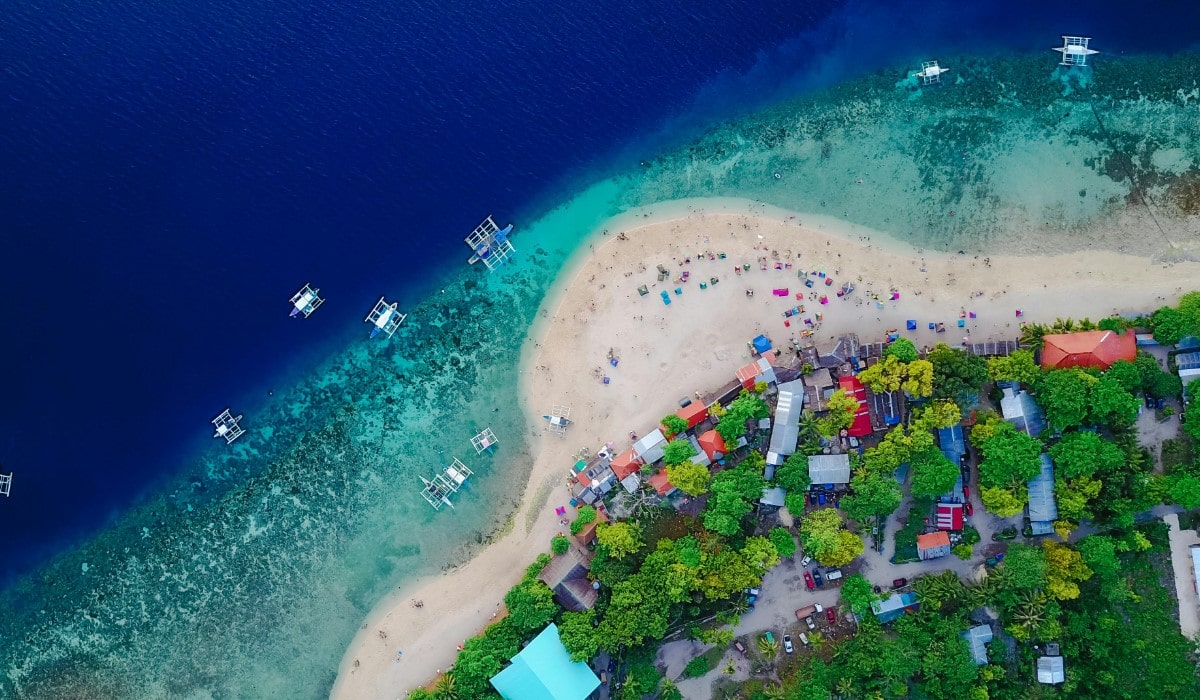
Some people think becoming a successful businessman in the Pilipinas is all about luck—but it’s more than that. The traits of every great Pinoy entrepreneur include grit, passion, and the ability to adapt. Running a business isn’t easy. If it were, everyone would be a millionaire. But some Filipino entrepreneurs don’t just survive—they dominate. They take risks, fail, adapt, and turn setbacks into stepping stones. That’s what separates them from the rest.
Many of the biggest Philippine business empires started from nothing. Henry Sy’s first shop? A tiny shoe store. John Gokongwei? He lost his family fortune and sold goods on the street. Edgar Sia? Dropped out of college and launched a small barbecue restaurant. Now? They’re billionaires.
So, what makes them successful?
- Perseverance – Every Philippine entrepreneur knows failure is just part of the game. They push through it. When Jollibee’s Tony Tan Caktiong saw his ice cream shop struggling, he didn’t quit—he started selling fried chicken and built the biggest fast-food chain in the country.
- Risk-taking – No risks, no reward. Alfredo Yao saw an opportunity with Doy Pack juice packaging and turned Zest-O into an industry leader. Mariano Que started Mercury Drug with a single pushcart. Both took chances that paid off.
- Innovation – Copy-pasting someone else’s idea? That’s not how Philippine business works. Entrepreneurs improve, tweak, and disrupt markets. Socorro Ramos built National Book Store by adapting to consumer needs—even selling candles when books were banned.
- Expansion & Franchising – The smartest Philippine entrepreneurs don’t stop at one store. They scale. From Jollibee to Greenwich, franchising turned small businesses into national giants.
These traits aren’t just common—they’re what separate dreamers from doers. Many businessmen in the Pilipinas share at least five of these qualities before they rise to fame. These Filipino famous entrepreneurs are celebrated not just for wealth, but for building companies that matter. That’s the reality of Philippine business success—it’s not luck. It’s hustle, risk, and knowing when to pivot.
The Most Successful Entrepreneurs in the Philippines
Rising from humble beginnings, these are now some of the most famous entrepreneurs in the Philippines.
Henry Sy – The Entrepreneur Who Built SM
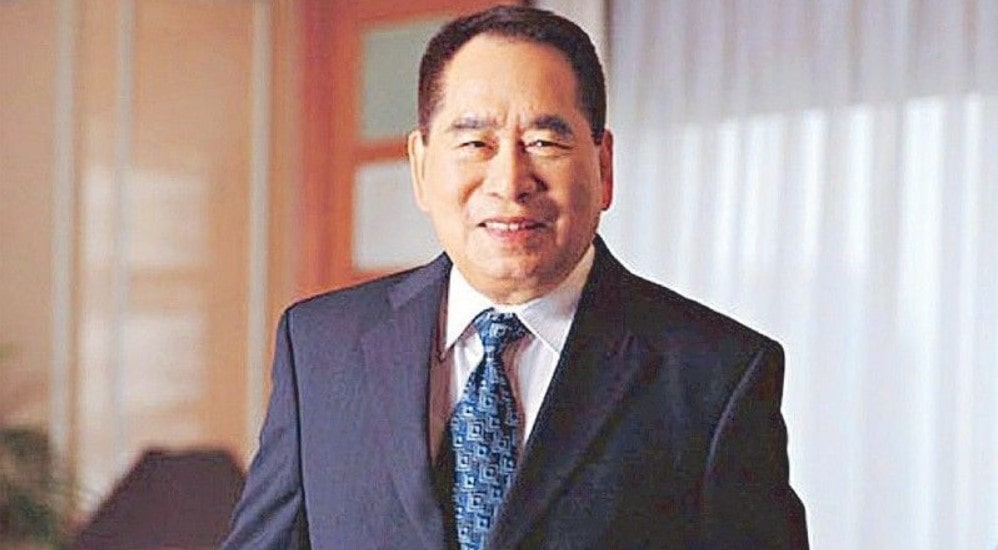
Starting a business is one thing. Turning it into a Philippine empire? That’s a whole different game. Henry Sy wasn’t just a businessman—he was a Filipino entrepreneur with a vision.
Born in China, Sy moved to the Philippines with nothing. His family ran a small convenience store, but war wiped everything out. Many would have given up, but not Sy. He started fresh, selling shoes in Manila. A small step, but it led to something massive—Shoe Mart (SM).
At first, it was just a store. Then it became a chain. Then malls. Today, SM Investments controls Philippine business in retail, banking, and real estate. Henry Sy is often recognized as the most successful entrepreneur in the Philippines because of the sheer scale of SM. With 80+ malls in the Philippines and 20+ overseas, it’s a giant. Henry Sy wasn’t just successful—he redefined the entrepreneurial landscape of the country. From food empires to retail giants, successful Filipino entrepreneurs have reshaped industries across the country.
As one of the richest men in Asia, Henry Sy became a tycoon not by chance, but through relentless entrepreneurship. Henry Sy remains the most iconic example of a successful businessman in the Philippines. He is an inspiring example of how one person can rise from poverty to billions.
Tony Tan Caktiong – The Entrepreneur Behind Jollibee
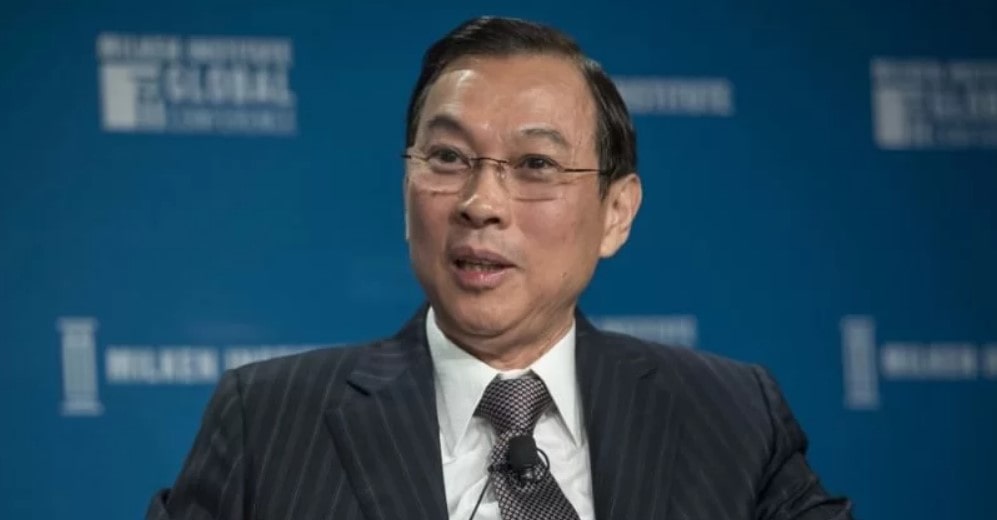
A good entrepreneur knows when to pivot. That’s exactly what Tony Tan Caktiong did. His first business? An ice cream shop. But sales were bad. So, instead of sticking to the plan, he added fried chicken and burgers. That’s when everything changed.
Jollibee wasn’t just another Philippine fast-food business. It was different. Filipino-style spaghetti, crispy Chickenjoy, and the famous Jolly Hotdog made it a household name. And while others copied McDonald’s, Tony went all in on Filipino flavors.
Now, Jollibee has 2,500+ outlets worldwide. It didn’t stop at burgers—his company acquired Burger King Philippines and Coffee Bean & Tea Leaf. Tony Tan Caktiong proved that a smart entrepreneur isn’t just about starting a business. Tony Tan Caktiong is a famous successful Filipino entrepreneur who created a global brand with Filipino flavors. It’s about adapting, growing, and taking over the market.
Tony wasn’t just a food businessman—he became one of the most popular owners in the local food scene. Becoming an entrepreneur in Philippines often means starting with limited resources but unlimited determination. His journey reflects the mindset of a real technopreneur, using local insights to dominate the market.
John Gokongwei Jr. – From a Bicycle Vendor to a Conglomerate Leader
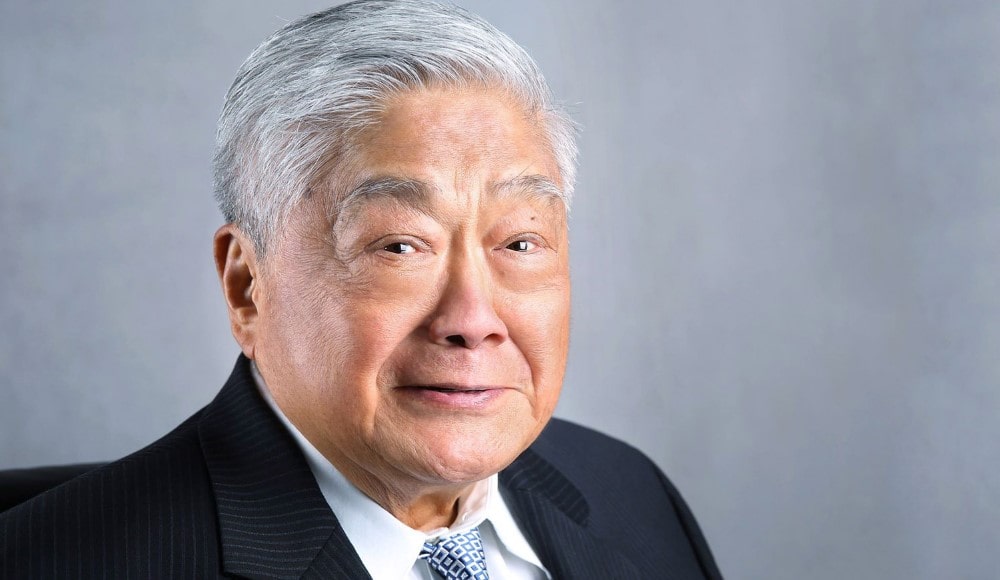
Imagine having everything, then losing it overnight. That’s exactly what happened to John Gokongwei Jr. Born into a wealthy family in Cebu, he had a comfortable life—until his father passed away. Just like that, the family fortune disappeared. At only 15, he had to step up.
No rich relatives, no safety net—just a bicycle and a need to survive. He started selling peanuts and soap on the streets. Then he moved to trading, buying goods in bulk and reselling them. But here’s what made him different—he didn’t just trade; he built a business. He saw bigger opportunities and shifted into manufacturing. That’s how Universal Robina Corporation (URC) was born.
Fast forward: his empire now includes Cebu Pacific Airlines, Robinsons Land, and JG Summit Holdings. From selling goods on a bicycle to running billion-dollar companies, Gokongwei proved that a Philippine entrepreneur can rise from nothing—with guts, vision, and a whole lot of hustle.
From a person selling soap to a tycoon leading multiple industries, Gokongwei showed how one can build riches through consistency. John Gokongwei Jr. is widely known as a famous entrepreneur in Philippines who built an empire from scratch. He’s now known as one of the most respected owners in Southeast Asia. This article highlights successful Filipino entrepreneurs and their story of persistence, innovation, and hustle.
Socorro Ramos – The Woman Who Built National Book Store
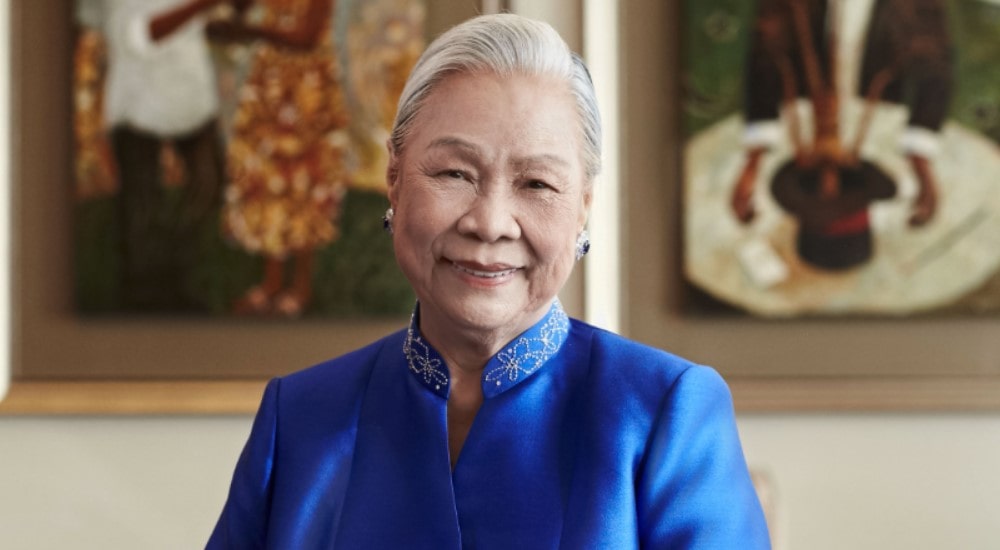
Starting a business is tough. Starting one during a war? That’s another level. Socorro Ramos, or “Nanay Coring,” was just 19 when she and her husband opened a small bookshop in Escolta, Manila. Then World War II hit, and the Japanese banned books. No books, no business.
Did she give up? Nope. She adapted. Instead of books, she sold candles, soap, and school supplies. Anything to keep going. When the war ended, she rebuilt National Book Store—this time, bigger.
The store grew fast. By the 1970s, it was the go-to place for books, stationery, and school supplies in the Philippines. Now, with 200+ branches and over 3,000 employees, it’s the largest bookstore chain in the country. Socorro didn’t just sell books—she built a legacy, proving that a determined Philippine entrepreneur can turn obstacles into stepping stones.
In the world of Philippine entrepreneurship, Socorro is an inspiring example of how even women owners can lead during the hardest times. Her business smarts made her a popular name in every Filipino home. Being an entrepreneur in the Philippines requires creativity, community connection, and constant reinvention.
Edgar Sia – The Youngest Billionaire in the Philippines
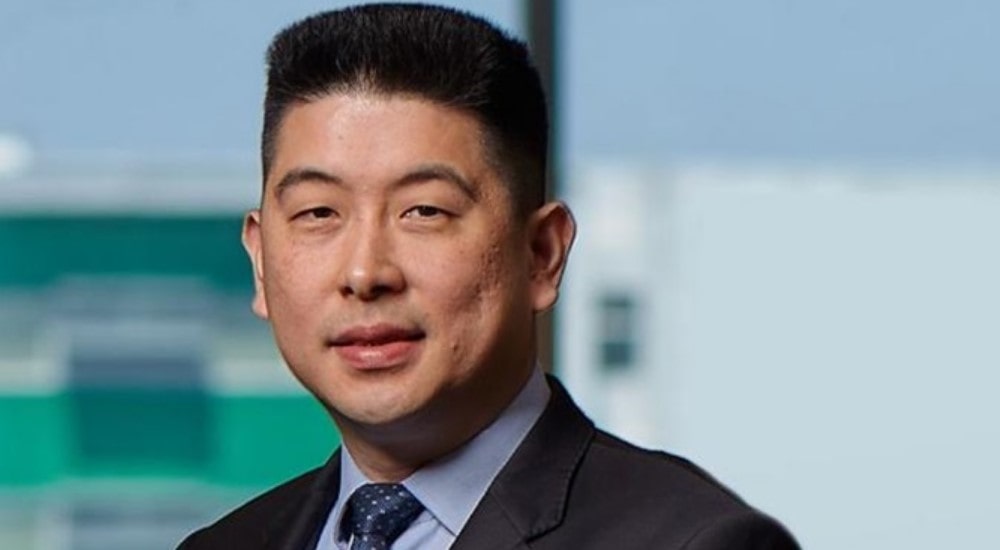
Some entrepreneurs build businesses over decades. Edgar “Injap” Sia? He did it in a few years. At just 26 years old, he opened Mang Inasal, a small barbecue restaurant in Iloilo. Nothing fancy, just good food—plus one genius idea: unlimited rice. Filipinos loved it.
That one simple business strategy changed everything. His fast-food chain exploded across the Philippines, growing to over 450 stores. And guess who noticed? Jollibee. In 2010, Tony Tan Caktiong bought 70% of Mang Inasal for PHP 3 billion, then the rest for PHP 5 billion. At 42 years old, Sia became the youngest billionaire entrepreneur in the country.
Did he stop? Nope. He used the money to invest in real estate and banking, co-founding DoubleDragon Properties and MerryMart Grocery. From a single grill to billions in investments—Sia proved that one smart business move can change everything.
This young businessman didn’t just open a restaurant—he sparked a national craze. His brand made him one of the richest young businessmen in the Pilipinas. Famous successful Filipino entrepreneurs often started with almost nothing but had big visions that changed the game.
Mariano Que – Mercury Drug’s Founder Who Revolutionized Healthcare
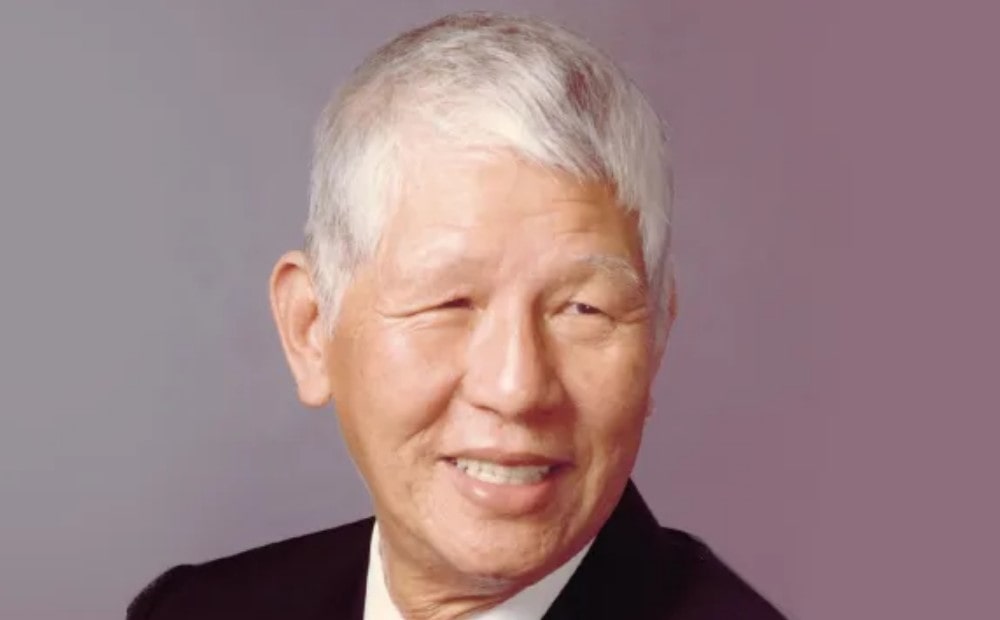
Some business ideas start in a garage. Mariano Que started his on foot—with a cart. After World War II, medicine was scarce and expensive in the Philippines. Que saw an opportunity. He bought a small supply of sulfa antibiotics, selling them at an affordable price. That cart became the first Mercury Drug.
It didn’t take long for his business to grow. Que expanded his pharmacy, adding more locations. But what made Mercury Drug different? 24/7 service, air-conditioned stores, and medicine always in stock. He set the standard for healthcare retail in the country.
Now, Mercury Drug is the largest pharmacy chain in the Philippines, with over 1,000 branches nationwide. Que didn’t just build a store—he changed how Filipinos access medicine. A true entrepreneur who turned a simple pushcart into a healthcare empire.
Que’s legacy lives on not just in branches, but in the hearts of many Pinoy families. He’s one of the common names when discussing inspiring entrepreneurship journeys. Many famous Filipino entrepreneurs share a common trait—they turned challenges into billion-peso opportunities.
Alfredo Yao – The Entrepreneur Who Popularized Zest-O Juice
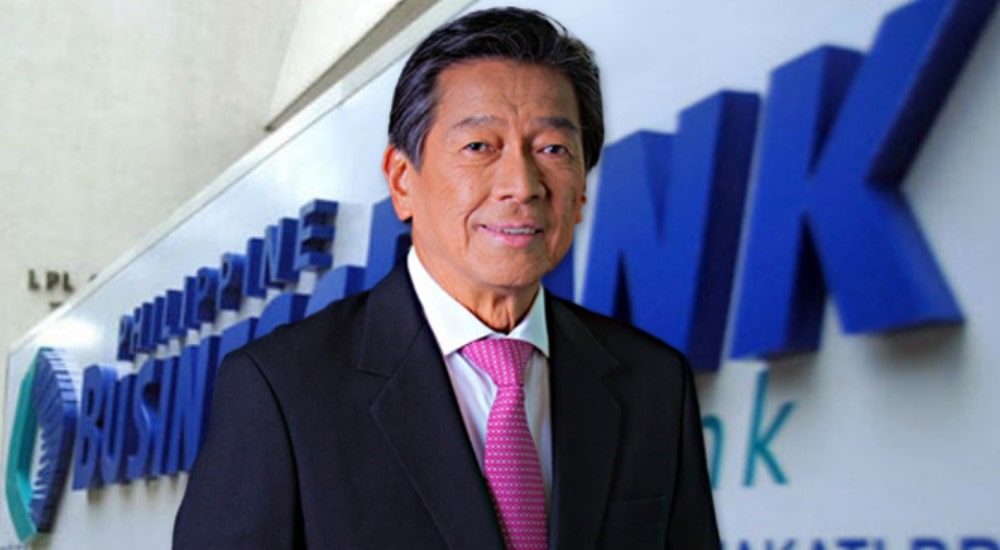
Some business ideas come from expensive research. Others? From pure luck. Alfredo Yao, a self-made Philippine entrepreneur, was running a printing business when he stumbled upon the Doy Packaging technique in Europe. The tech let liquids stay fresh longer, but no one in the Philippines’ beverage market seemed interested. So, what did Yao do? He started his own juice business.
Enter Zest-O, the brand that took over 80% of the Philippine juice market. With lightweight, easy-to-carry packaging, Zest-O became the go-to drink for Filipino kids. It was everywhere—school lunches, convenience stores, even sari-sari shops. Yao didn’t stop there. He expanded into airlines, acquiring Asian Spirit and rebranding it as Zest Air, proving that one innovation can fuel multiple industries.
From printing to beverages to aviation, Yao built an empire by taking a chance on something no one else saw. That’s what makes a real entrepreneur—turning missed opportunities into billion-peso successes.
Yao’s story proves that even with least resources, a smart person can disrupt an entire industry. Local entrepreneurs in the Philippines often start small but make a national impact through smart scaling. He’s now a tycoon known across Asia, beyond just juice.
Cecilio Kwok Pedro – Taking on Global Giants with Hapee Toothpaste
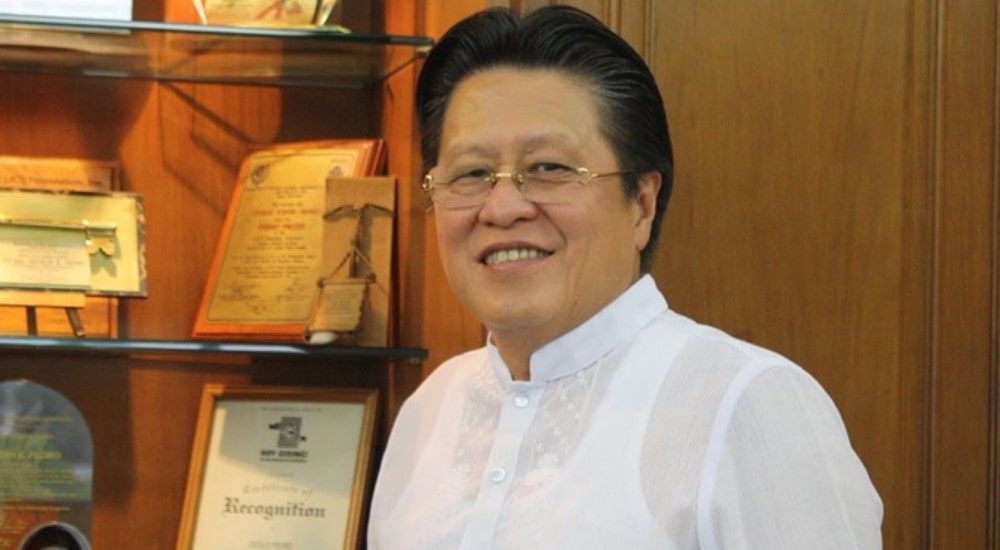
Competing with Colgate and Crest sounds impossible, right? Not for Cecilio Kwok Pedro. He started as an aluminum container manufacturer, making toothpaste tubes for big brands. But when these companies switched to plastic tubes, Pedro’s business collapsed. Instead of quitting, he pivoted—if he couldn’t sell the tubes, why not sell the toothpaste?
That’s how Hapee Toothpaste was born. It wasn’t just another brand—it was the first locally-made toothpaste that could compete with imported ones. But Pedro didn’t stop at just making toothpaste cheaper. He made it better. With kid-friendly flavors, strong branding, and a commitment to affordable oral care, Hapee took a solid share of the Philippine market.
What makes Pedro stand out as an entrepreneur? His business isn’t just about profit. He hires and trains hearing-impaired workers, proving that success and corporate social responsibility (CSR) can go hand in hand.
Pedro’s business model didn’t just chase profit—his entrepreneurship reflected a deep passion for inclusion and value. Being a Filipino businessman today means staying agile in a rapidly changing market. His success is one of the popular stories among modern technopreneurs in the country. Cecilio Kwok Pedro is a classic example of a Filipino successful entrepreneur who beat global competitors with heart and strategy.
Cresida Tueres – From Small Pizza Shop to Greenwich Success

Pizza is big business, but starting a local brand and competing with giants? That takes guts. Cresida Tueres, a Philippine entrepreneur, saw an opportunity in 1971 when she opened a small over-the-counter pizza shop in Greenhills. Her homemade-style pizzas quickly gained a loyal following.
Word spread, sales grew, and Jollibee took notice. In 1994, Jollibee Foods Corporation, already a fast-food powerhouse, acquired 80% of Greenwich, injecting capital and expertise. What happened next? Rapid expansion. From a small local store, Greenwich turned into one of the biggest pizza chains in the Philippines, with hundreds of branches.
Tueres didn’t just make pizza—she built a brand that could stand next to McDonald’s and Pizza Hut. Her story is a lesson in starting small, thinking big, and knowing when to scale. Every local entrepreneur in the Philippines begins with a dream—and some turn those dreams into industries. If that’s not a success story, what is?
Cresida is a great example of a female owner who built a national brand. Her story remains one of the most inspiring tales in Pinoy business history. Cresida Tueres stands out as a famous entrepreneur in the Philippines who scaled a simple idea into a franchise empire.
Lucio Tan – The Business Magnate Behind LT Group
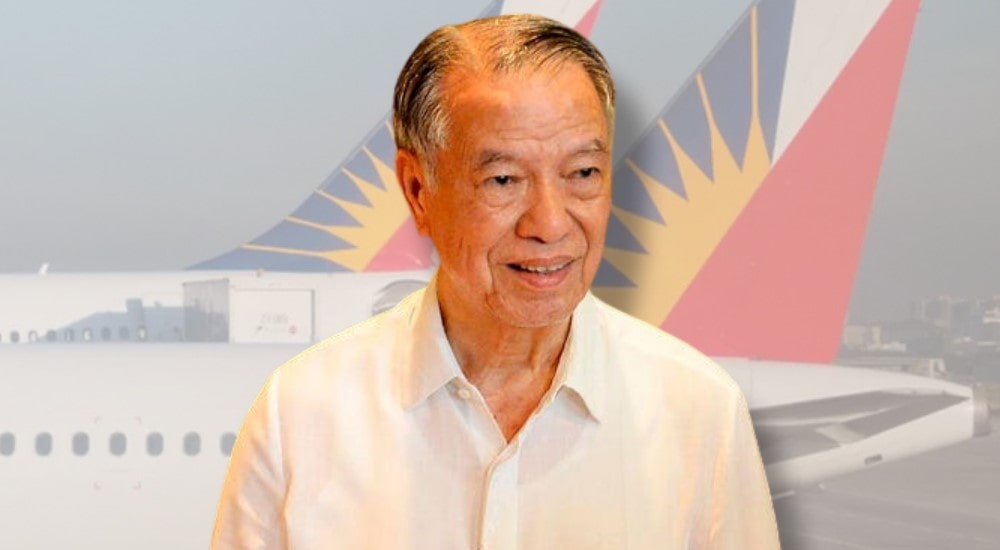
From scrap dealer to billionaire? Sounds unreal, but Lucio Tan made it happen. He started by buying and selling scrap metal, but that was just the beginning. Seeing opportunities everywhere, he entered the tobacco industry, launching Fortune Tobacco in 1966. That move set the foundation for his empire.
Then came the real power moves:
- Acquired Allied Bank, making a name in finance.
- Expanded into airlines, taking control of Philippine Airlines.
- Entered the beverage industry, owning Asia Brewery, which competed against San Miguel.
His empire, LT Group, is now one of the biggest business conglomerates in the Philippines, covering tobacco, alcohol, banking, and real estate. Strategic, fearless, and always ahead of the game—that’s how entrepreneurs win. Lucio Tan didn’t just build businesses. He built a dynasty. Lucio Tan is the definition of a Filipino successful businessman who turned everyday deals into massive wins.
Lucio Tan, the business tycoon, is known for turning everyday opportunities into billion-peso enterprises. His journey from scraps to riches defines what being a businessman in the Pilipinas truly means. Filipino entrepreneurs in the Philippines are proving that world-class businesses can rise from local communities.
Jaime Zobel de Ayala – Leading the Oldest Conglomerate in the Philippines
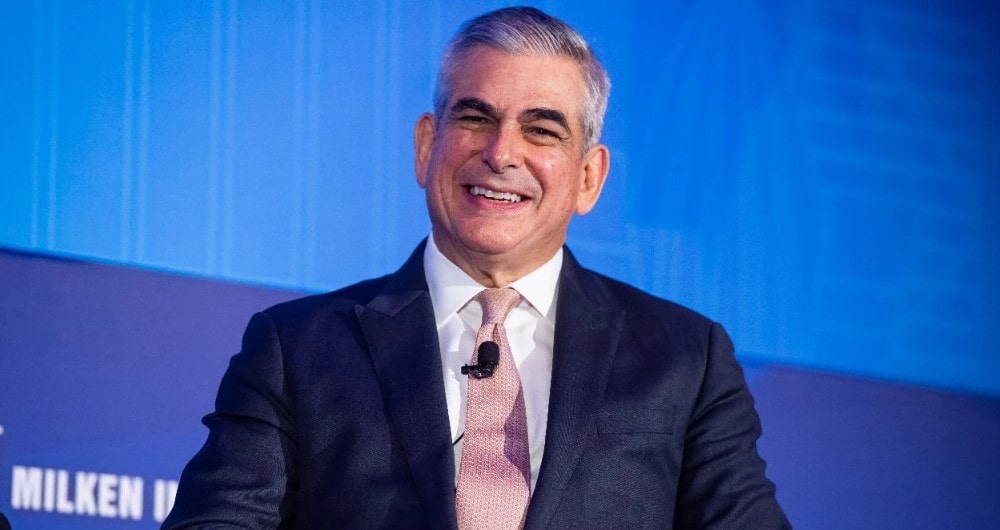
Building a business empire is tough. Running one that’s over 190 years old? Even harder. Jaime Zobel de Ayala took Ayala Corporation, the oldest conglomerate in the Philippines, and turned it into a modern giant.
Under his leadership, Ayala Land became a real estate powerhouse, developing Bonifacio Global City into a top financial hub. He also expanded banking operations, making Bank of the Philippine Islands (BPI) one of the country’s biggest financial institutions. But that wasn’t enough—he saw the future and invested in telecommunications, leading to the birth of Globe Telecom.
His focus? Innovation, sustainability, and long-term success. While many entrepreneurs chase quick wins, Ayala Corporation plays the long game, building businesses that last for generations.
Jaime Zobel’s leadership ensured that the oldest conglomerate stays relevant. His entrepreneurship focuses on sustainability, proving that even tycoons can lead with purpose. Every successful entrepreneur in the Philippines shares a mindset of grit, growth, and long-term commitment.
Rolando Hortaleza – The Entrepreneur Who Revolutionized Skincare in the Philippines
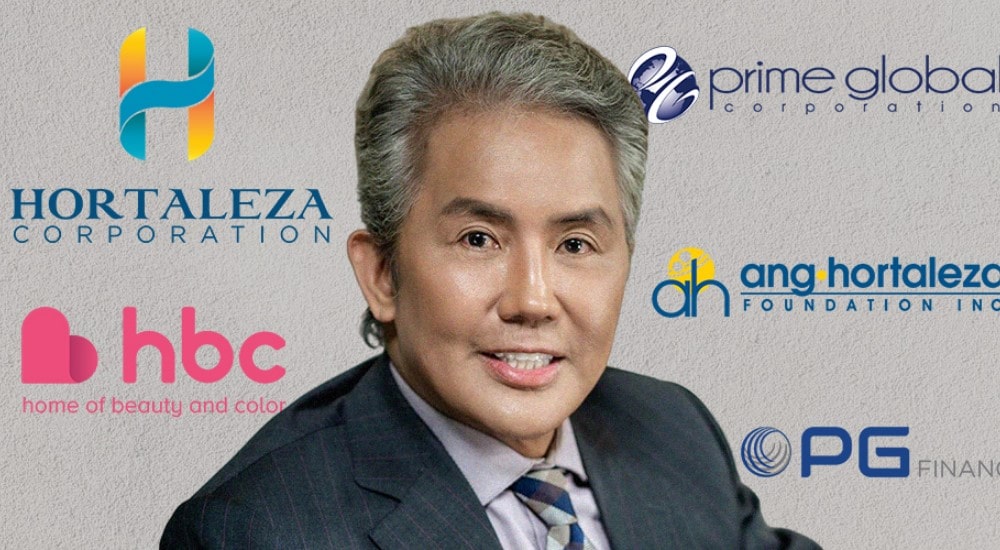
Imagine a young doctor trading his stethoscope for shampoo bottles. Sounds crazy? That’s exactly what Rolando Hortaleza did. Instead of practicing medicine, he and his wife started making personal care products in their garage. With just ₱12,000 in savings, they launched Splash Corporation in the 1980s.
At first, selling their first product, Extraderm, was tough. Big brands dominated the Philippine market. But Hortaleza, ever the risk-taker, focused on affordable skincare for Filipinos. By the 1990s, their product line expanded—Maxi-Peel, SkinWhite, and Vitress became household names. His marketing? Genius. Splash used direct selling, aggressive advertising, and strategic pricing to compete with global giants.
By the 2000s, Splash wasn’t just a local player—it exported products to over 30 countries. In 2019, consumer goods giant Wipro acquired the company for an undisclosed amount. Hortaleza’s journey proves one thing: success isn’t about how you start—it’s about how smart you play the game.
Hortaleza’s rise as a technopreneur was fueled by innovation, marketing, and deep understanding of Filipino needs. To become a top businessman in the Philippines, you need more than capital—you need courage and vision. He became a self-made businessman with products worth millions.
Key Takeaways from the Success Stories
In the Pilipinas, the journey from street vendor to tycoon is more common than you’d think. These stories reflect the common traits every great Pinoy businessman shares. Building a business in the Philippines is never easy. Every successful entrepreneur in this list started with struggles—some lost everything before they even had a chance to grow. But they didn’t stop. They adapted, hustled, and built companies that changed industries.
Resilience Matters
Most Filipino entrepreneurs started with almost nothing. John Gokongwei Jr. had to sell peanuts and candles after his family lost their wealth. Edgar Sia took a risk on a small fast-food shop that eventually became a billion-peso franchise. The lesson? Success isn’t about how much money you start with—it’s about pushing forward even when things go wrong.
Innovation is Key
Finding the right business opportunity makes all the difference. Henry Sy transformed a small shoe store into SM Malls by understanding how the Philippine market was shifting. Alfredo Yao saw potential in juice packaging and dominated 80% of the juice industry. They didn’t just follow trends—they created them.
Expanding Beyond Local Markets
Franchising and partnerships helped many Filipino entrepreneurs grow. Jollibee didn’t just stay in the Philippines—it now competes globally with fast-food giants. Lucio Tan started with tobacco but expanded into banking, airlines, and real estate. Thinking beyond local markets helped these brands become international players.
Social Responsibility and Legacy
Many of these business leaders don’t just chase profits. Cecilio Kwok Pedro, the founder of Hapee Toothpaste, employs hearing-impaired workers. Jaime Zobel de Ayala invests in sustainable real estate and innovation. Success isn’t just about money—it’s also about impact.
What’s the lesson? The best entrepreneurs don’t wait for perfect conditions—they build success from whatever they have.
Conclusion
Each example in this article reminds us that entrepreneurship isn’t reserved for the already richest or most connected. Whether you’re a first-time owner or seasoned businessman, the traits of success remain the same. Success doesn’t happen overnight. Every Filipino entrepreneur in this list had to fight for their spot. Some started with nothing, some failed before making it big, but all of them kept going. Every successful businessman in Philippines history had to overcome failures before making it big. That’s the real secret—persistence, creativity, and knowing when to take a risk.
The Philippine business scene is always evolving. New startups pop up, tech changes the game, and more people dream of building something on their own. But one thing stays the same: success is about action. You don’t need millions to start. You don’t need a perfect plan. You just need to begin. Every Filipino entrepreneur success story proves that action beats luck every time.
So, what’s stopping you? Maybe your idea is the next Jollibee, or maybe you’ll build a brand even bigger. The only way to find out is to take that first step.
